In France, eco-friendly labels promote villages and cities
To promote environmental protection, French villages and cities have been certified for regional, national and European eco-labels.

In France, to promote environmental protection, a host of villages, towns, cities and regions have been certified for national and European awards. This approach attracts new residents, boosts tourism and attracts public investments. We list these eco-friendly labels and their specificities below.
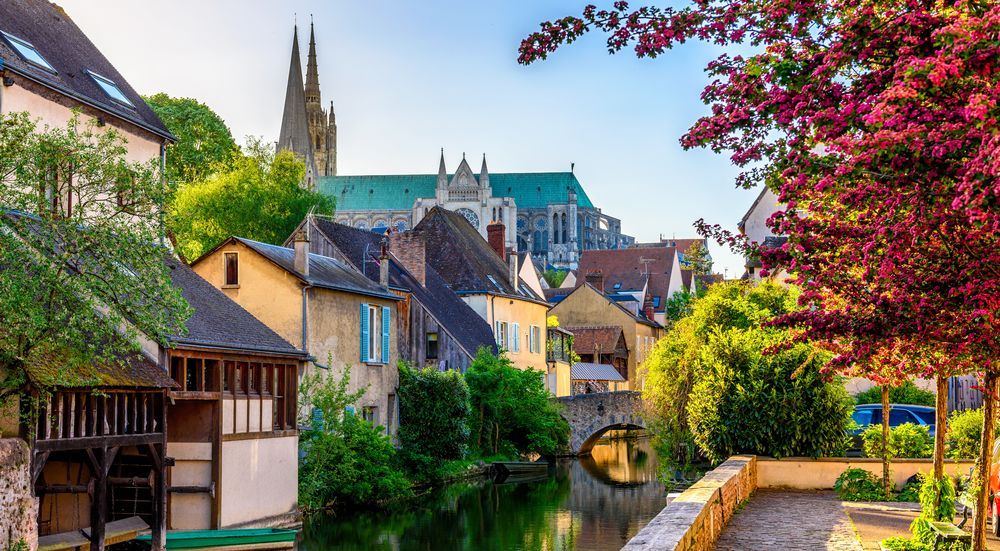
Chartres, awarded a gold flower in the Flowered Cities and Villages contest
“Commune Nature” (Nature-Friendly) label
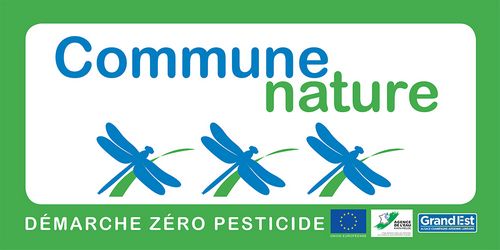
Invented by France’s Grand Est (Eastern) region, this eco-label is a good example of what can be done on a regional scale. It echoes the no chemicals approach initiated by the French Labbé Law and aims to encourage public authorities to go beyond existing regulations in sustainable developments for water and biodiversity. The “Commune Nature” label has already been awarded to over 10% of the public authorities in the region.
“ÉcoJardin” (Eco-Friendly Garden) label
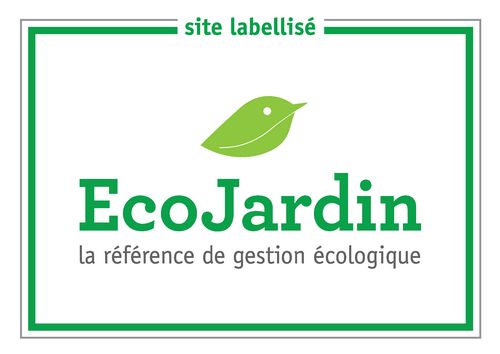
This label rewards more than 700 parks, gardens, green spaces and cemeteries for their exemplary ecological management. The “ÉcoJardin” label concept provides a self-assessment check list and aims to encourage good practices in seven different fields, from soil quality to landscaping machine management and the training of public authority employees in ecological management. It is awarded initially for three years and then renewed (or not) every five years.
“ÉcoQuartier” (Eco-district) label
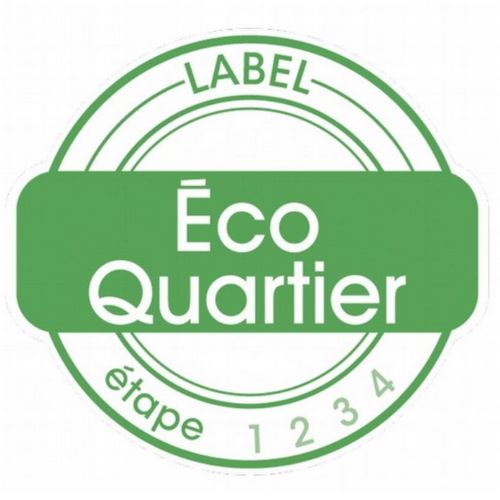
The French Ministry for Ecological Transition created this eco-label in 2012 to encourage the design, construction and sustainable management of districts in urban areas. These new development projects must integrate sustainable town planning principles and provide solutions for climatic challenges, support biodiversity and community togetherness. Over 500 districts have obtained “ÉcoQuartier” label or are currently going through the certification process.
“Grand Site de France” (Major French Site) Label
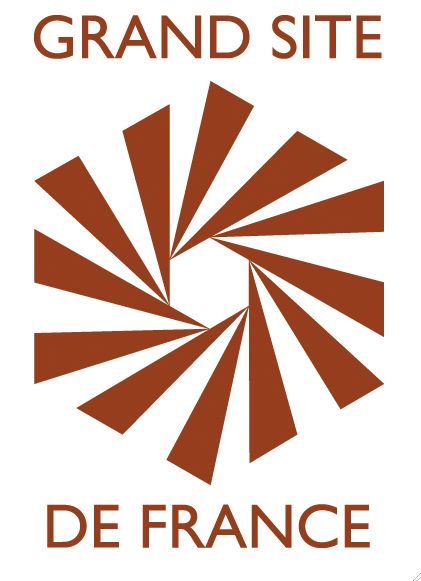
Awarded for a 6-year duration, this label highlights exceptional and fragile landscapes for which the appropriate measures are being taken for their protection, management and promotion, incorporating the overriding principles of sustainable development. The “Grand Site de France” label can also be awarded to a group of public authorities participating in a joint project.
“Pavillon Bleu” (Blue Flag) Label
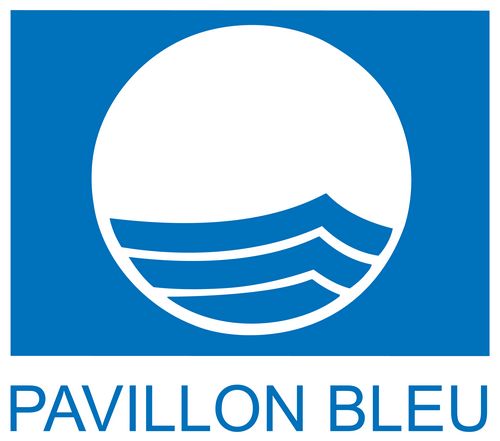
This label is for seaside public authorities. To earn the coveted and internationally recognized “Pavillon Bleu” label, local public authorities and marinas must implement on a permanent basis a sustainable tourism development policy. This covers environmental and marine environment protection, including environmental education and waste management. This eco-label has already been adopted in 50 countries.
“Station Verte” (Green Resort) Label
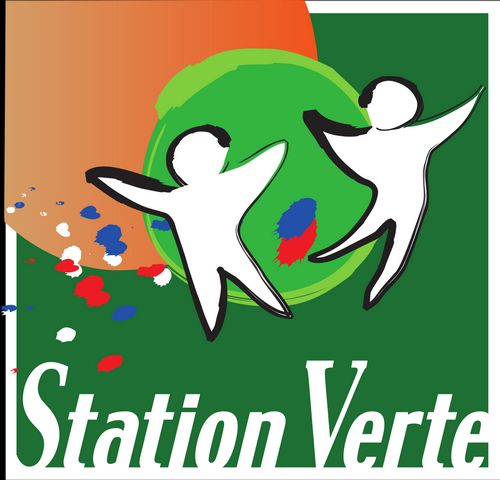
500 areas have adopted this ecotourism label created in 1964 signifying that holidays in their region are authentically eco-friendly. To obtain the “Station Verte” label, all these public authorities have taken positive actions to ensure that local tourism is environmentally-friendly, respecting nature – and people - with a full range of activities linked to their natural, cultural or historical heritage and promoting their natural attractiveness.
“Village Étape” (Stop-over Village) Label
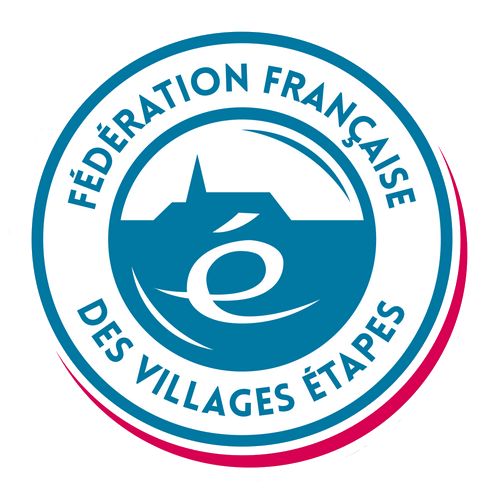
Awarded by the French Ministry for Ecological Transition, this label highlights villages providing alternatives to motorway service areas. To win this label, the village must have full service facilities and top quality public equipment with attractive landscapes and tourist attractions expressed, for example, by picturesque embellishments, flowers and plants. The “Village Étape” label is renewable every five years.
“Ville Durable et Innovante” (Sustainable and Innovative City) Label
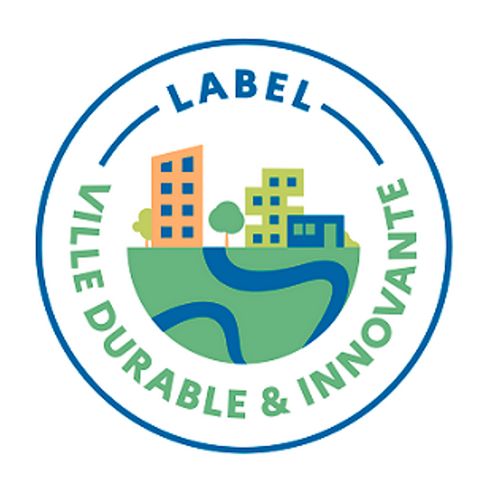
Launched by Cerema and Efficacity, this label encourages EPCIs (Public Authority Groups) to develop a 360° vision of towns for tomorrow’s world to create a European model for Sustainable cities. To acquire the “Ville Durable et Innovante” label, the town must adopt the 17 main sustainable development objectives. In the long term, this certification will facilitate obtaining specific State funding. The label will gradually extend to other communities.
“Villes et Villages Étoilés” (Starview Cities and Villages) Label
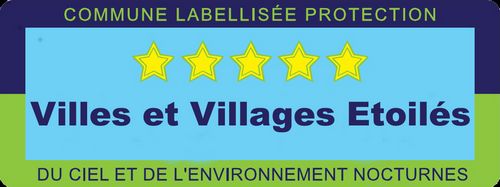
Stop light pollution! Already over 700 public authorities have been awarded this eco-label by the ANPCEN as they have created a dark infrastructure needed by nightlife. The “Villes et Villages Étoilés” label has to be renewed every five years. It rewards a comprehensive approach, covering the challenges of biodiversity and safety, sleep quality, the comfort and health of local residents and the overall economic and energy strategy.
“Villes et Villages Fleuris” (Flowered Cities and Villages) label
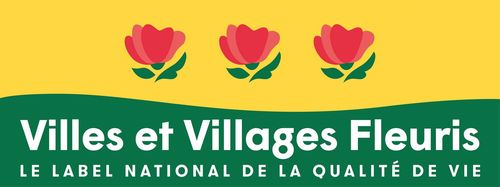
This is probably the best known label as it has been awarded to over 4,400 municipalities in France, 273 of which have won the highest distinction. Created by the Ministry for Tourism over 60 years ago, the purpose of the “Villes et Villages Fleuris” label is to promote the attractiveness of the communities to tourists through their floral decorations and encourage new home owners and businesses to relocate there. Over the years the label has also added ecological and environmental considerations (no chemical plant care products, water management, etc.).
Other distinctions exist like the “Territoires à énergie positive pour la croissance verte” (Territories taking positive actions for green growth), “ÉcoCités” (Eco-cities) and the prize for the “Capitale Française de la Biodiversité” (French Capital of Biodiversity) contest. Do you also want to win an eco-friendly label? Adopt the right horticultural and urban strategies with Paysalia.
© Photo credit: Ekaterina Belova / Adobe Stock



